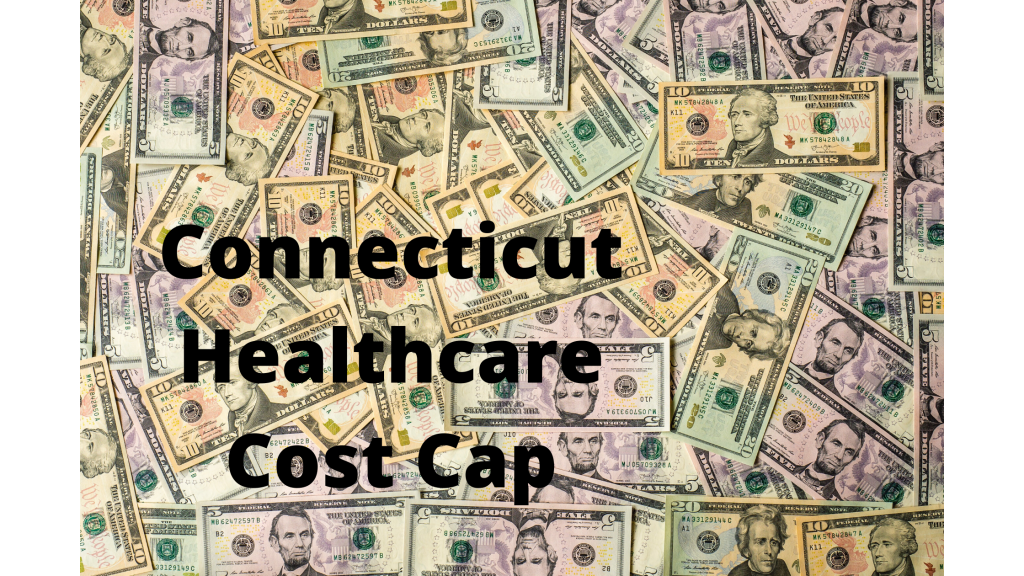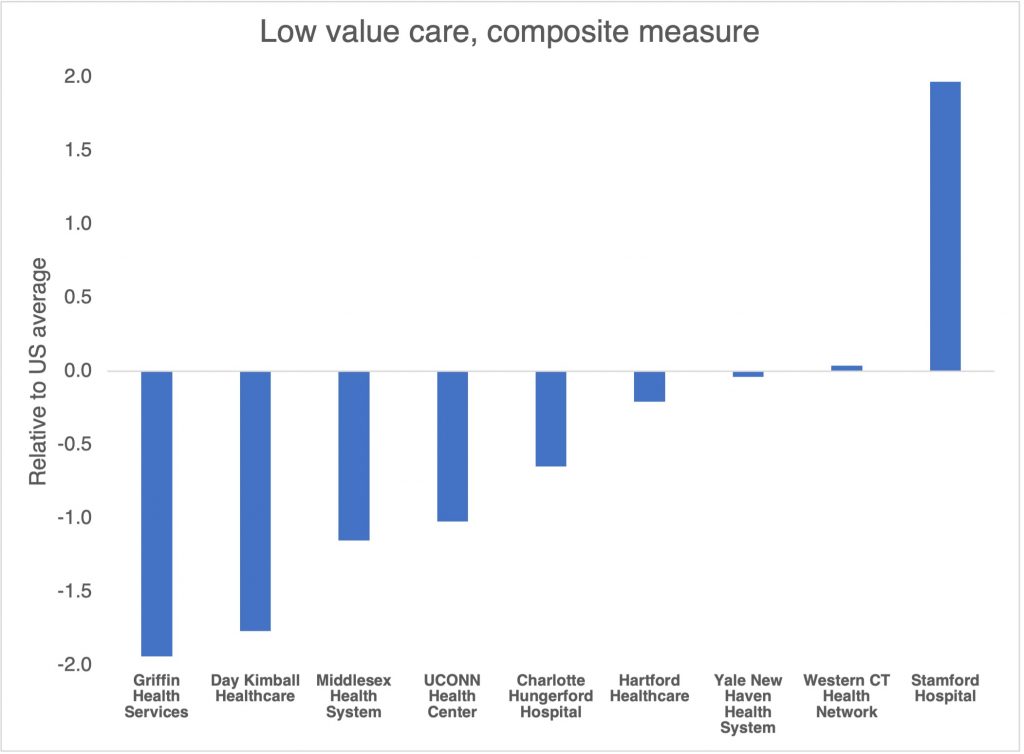ACOs
Policy options to control healthcare prices and protect from private equity
Healthcare service prices are the main driver of Connecticut’s rising health insurance premiums. The consolidation of hospitals and providers into large health systems has stifled competition, allowing prices to rise unchecked. Other states have taken action to protect competition in consolidated markets and it’s working. Connecticut needs to act. Private equity funds are buying critical…
Read MoreNew Cost Cap industry-driven committee gets going
Members of the Office of Health Strategy’s (OHS) latest committee to drive down the growth in Connecticut’s healthcare spending moved past their initial reluctance to engage in their November and December meetings. OHS expects the provider and insurer-dominated committee to agree on ways to reduce their own costs/profits. Hopefully, they do not also use the…
Read MorePublic comment concerns with CT’s primary care plan
Read the public comments Public comment concerns with CT’s primary care plan Today, the CT Health Policy Project submitted public comments with serious concerns about the Office of Health Strategy’s plans to overhaul primary care across the state. The Project has worked for decades to improve access to high quality, affordable care for every Connecticut…
Read MoreNew Cost Cap Steering Committee is industry-driven
The first meeting of the new Steering Committee to guide the Office of Health Strategy’s (OHS) plan to cap healthcare cost growth was uncharacteristically quiet. The meeting started with public comment from the Universal Healthcare Foundation of CT that the committee membership is “not balanced”, includes mainly members with “deep vested business interests”, and lacks…
Read MoreSign on letter voices deep concerns with primary care capitation
Today twenty-five independent advocates and providers signed a letter to the Office of Health Strategy opposing capitation of primary care services across Connecticut. The letter shares serious concerns with the Office of Health Strategy’s (OHS) plan to shift all primary care in Connecticut to a capitated payment model. The current concerns echo advocates’ and legislators’…
Read MoreConnecticut hospital systems vary in reducing low-value care
A new report published in JAMA Internal Medicine on low-value care provided to Medicare beneficiaries at the health system level offers actionable tools to improve effective care on the ground. Healthcare services that provide little or no health benefit, may harm patients, increase costs, and waste resources are low-value. Examples include prostate specific antigen testing…
Read MoreGood and bad Medicaid PCMH, PCMH Plus updates
At today’s MAPOC Care Management Committee, we learned that Medicaid’s successful Patient-Centered Medical Home (PCMH) program is growing and keeping up with higher enrollment due to COVID. In disappointing news, we also learned that the controversial PCMH Plus program has fewer care managers than expected and only 36% of ACO member advisory committees have any…
Read MoreOHS committee considering dumbing down successful PCMH standards
Among other troubling plans, the Office of Health Strategy’s Primary Care Subgroup is considering four options to certify high-performing primary care practices for higher levels of reimbursement. The committee is deciding how to double spending on primary care while simultaneously capping healthcare cost growth. At their meeting this week, the committee of mainly primary care…
Read MoreANALYSIS | Who In Health Care Made Money on COVID?
Many COVID heroes who put their lives at risk or died caring for others. We all owe healthcare providers, scientists, public health professionals, and other frontline workers a huge debt of gratitude. But the healthcare industries did just fine. Four of the ten companies that profited most during the pandemic are in healthcare. Read more
Read MoreCTNJ: Real Conversation Would Beget Lower Health Care Costs
I recently had an interesting conversation with a lobbyist for the insurance industry. We planned to talk about our narrow legislative issues to find any common ground. Predictably, we disagreed on some key points, but we agreed on a lot more. We agreed that it’s hard to get people across the health care system onto…
Read More






